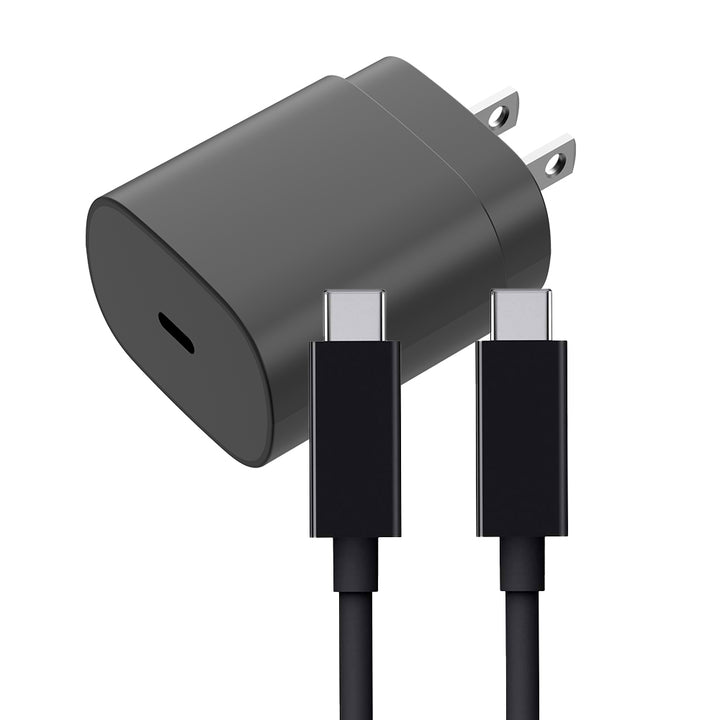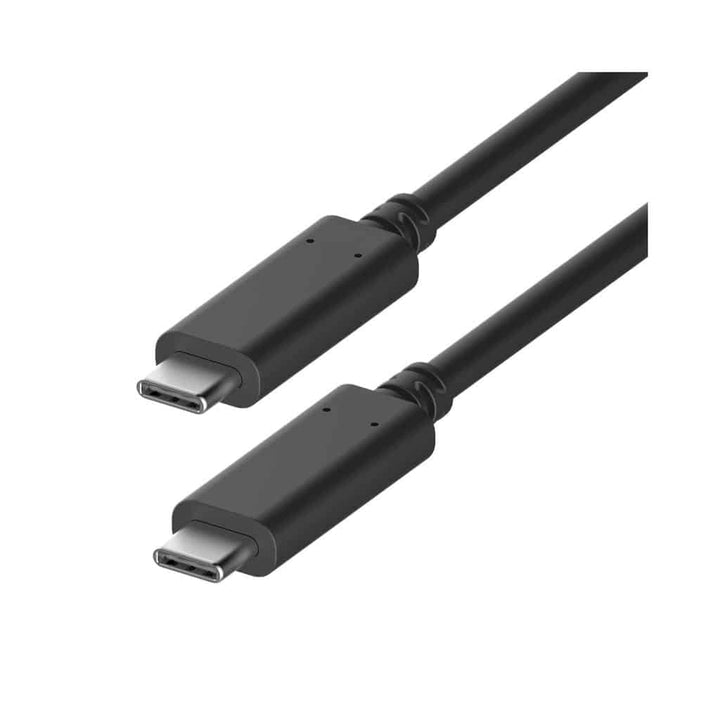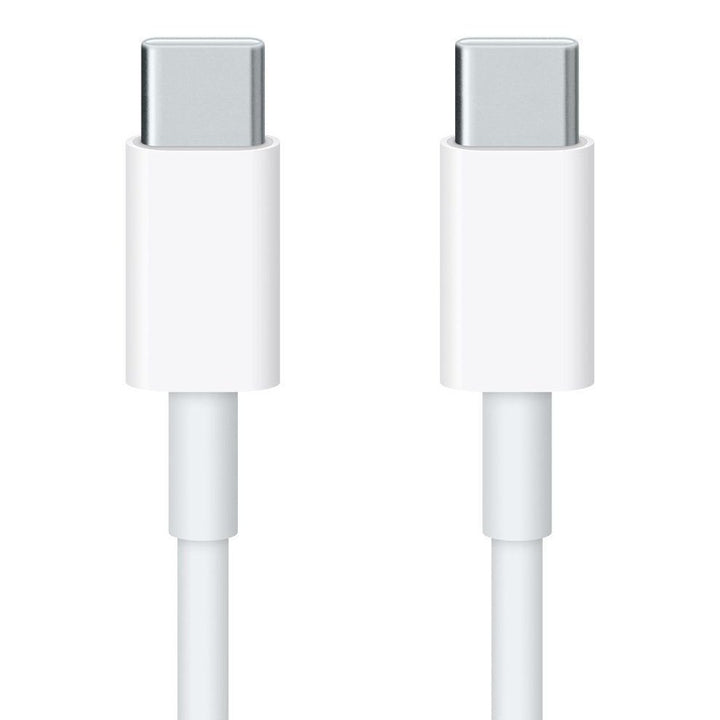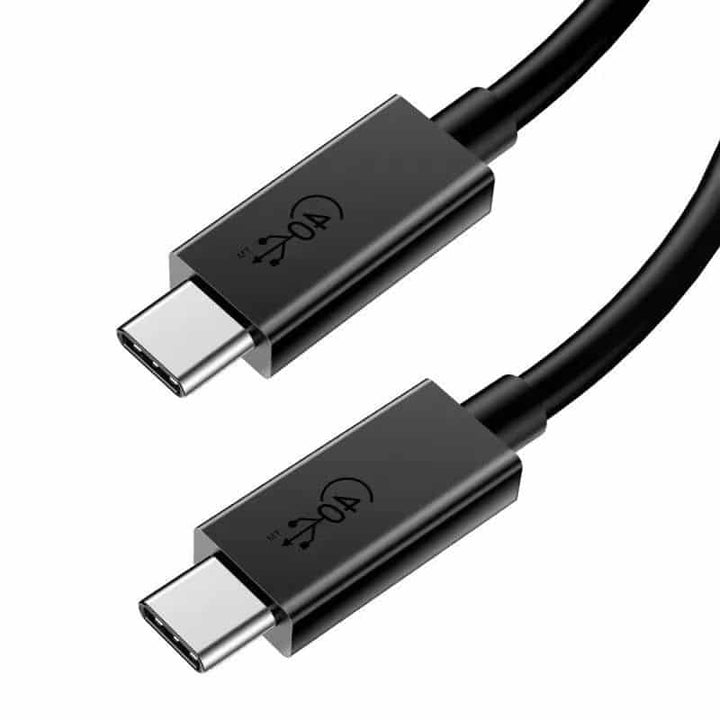Are Fitness Trackers Accurate in Tracking Calories Burned?
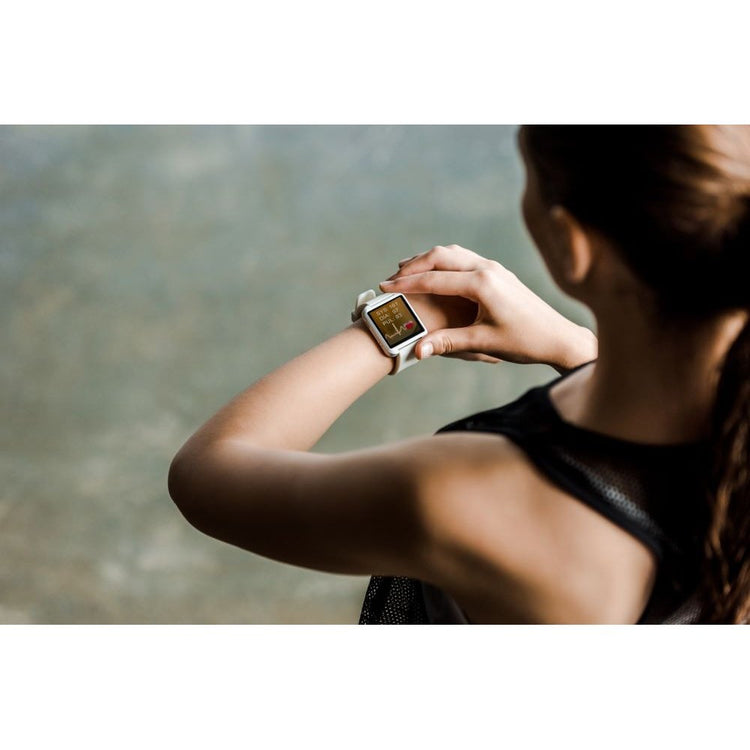
Fitness trackers have taken the health and fitness world by storm, promising to help us monitor our activity levels, improve our workouts, and even keep tabs on our calorie burn. These nifty gadgets, worn on our wrists or clipped to clothing, use sensors and algorithms to estimate the number of calories we expend throughout the day. But how accurate are these calorie calculations? In this blog, we'll take a closer look at the science behind fitness trackers and delve into their accuracy in measuring calories burned.
The Science Behind Fitness Trackers
Fitness trackers typically use a combination of sensors, such as accelerometers and heart rate monitors, to gather data about our movements and physiological responses. These devices rely on complex algorithms to interpret this data and estimate the number of calories burned during various activities.
Accelerometers measure movement and acceleration, allowing the tracker to detect steps taken, distance covered, and even the intensity of certain exercises. Heart rate monitors, on the other hand, track your pulse and provide insights into your cardiovascular effort during workouts and daily activities.
Calorie Estimation: The Algorithm Conundrum
While fitness trackers collect valuable data, the accuracy of their calorie estimation largely depends on the algorithms used to interpret this information. Manufacturers often develop proprietary algorithms based on a combination of research data and user testing. These algorithms aim to convert activity data, such as steps, heart rate, and workout duration, into an estimate of calories burned.
Challenges and Limitations
Despite the advanced technology behind fitness trackers, several challenges and limitations affect their calorie tracking accuracy:
- Individual Variability: Calorie burn varies significantly from person to person due to differences in age, weight, fitness level, and metabolism. Generic algorithms might not account for these individual variations accurately.
- Non-Exercise Activity: Fitness trackers may struggle to differentiate between various activities, such as typing on a keyboard versus lifting weights. Non-exercise activities can be challenging to quantify accurately.
- Intensity Measurement: While heart rate monitors help estimate calorie burn during cardio exercises, tracking the intensity of strength training and other non-cardio activities can be less precise.
- Device Placement: The positioning of the fitness tracker can affect data accuracy. For example, wrist-worn trackers might not accurately track certain movements, leading to potential inaccuracies.
- Lack of Context: Fitness trackers focus on activity data without considering factors like ambient temperature, humidity, or terrain, which can impact calorie burn.
Validation Studies: Are They Reliable?
To determine the accuracy of fitness trackers in tracking calories burned, numerous validation studies have been conducted. The results of these studies have been mixed, with some showing a reasonable level of accuracy, while others have found significant discrepancies.
Studies often compare the calorie estimates from fitness trackers with gold-standard methods like indirect calorimetry, which directly measures oxygen consumption and carbon dioxide production during exercise. While these studies provide valuable insights, they may not fully represent real-life scenarios and individual variability.
The Bigger Picture: Fitness Trackers as Motivational Tools

Despite the potential inaccuracies in calorie tracking, fitness trackers serve a crucial role as motivational tools. They encourage users to be more active, set and achieve fitness goals, and become more mindful of their daily activity levels. This overall increase in activity can lead to improved health and fitness, even if the exact calorie numbers are not entirely precise.
In the quest for accurate calorie tracking, fitness trackers certainly have their limitations. While advancements in technology continue to improve their accuracy, it's essential to remember that calorie burn estimation is just that—an estimate. Individual differences, algorithm complexity, and device placement can all influence the accuracy of these calculations.
Rather than obsessing over exact calorie numbers, focus on using fitness trackers as tools to help you stay motivated, set realistic goals, and maintain an active lifestyle. By combining technology with common sense and paying attention to your body's feedback, you can make the most of fitness trackers while embracing a healthy and balanced approach to fitness and nutrition. Remember, the journey to better health is about progress, not perfection!
Featured 4XEM Products
